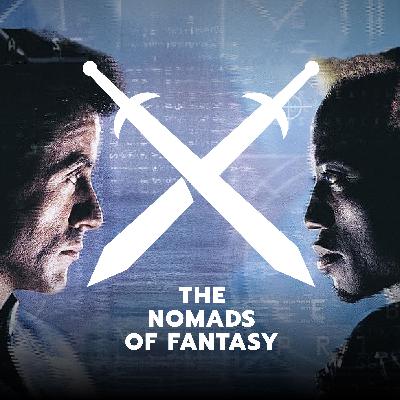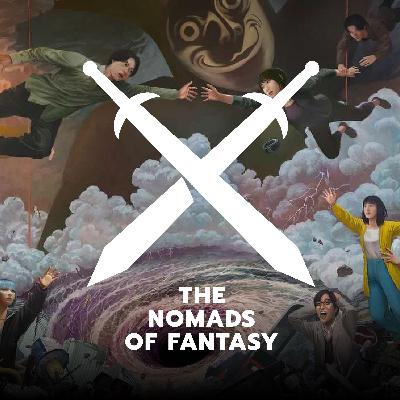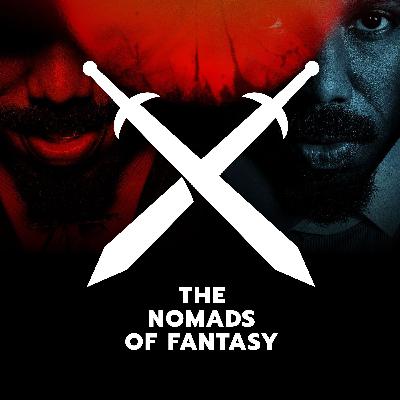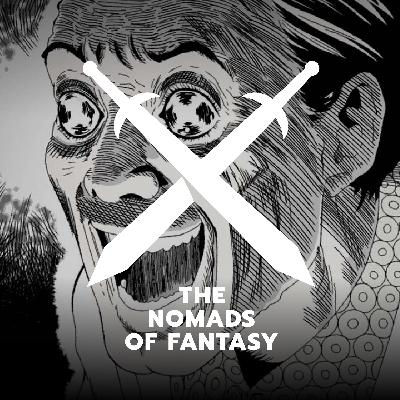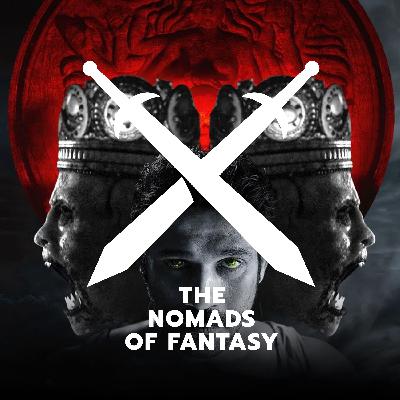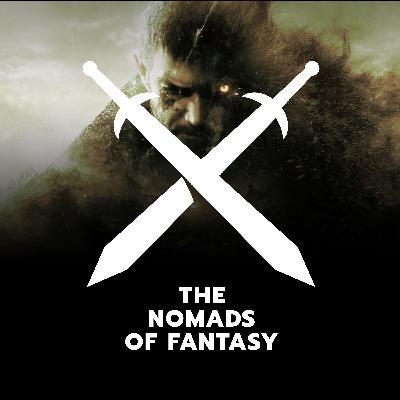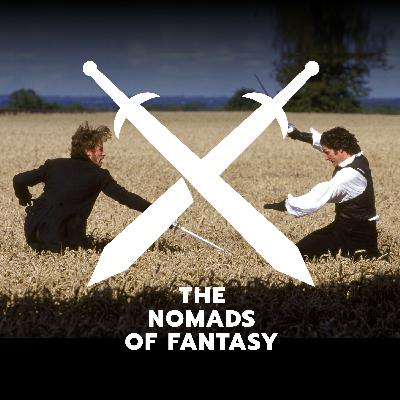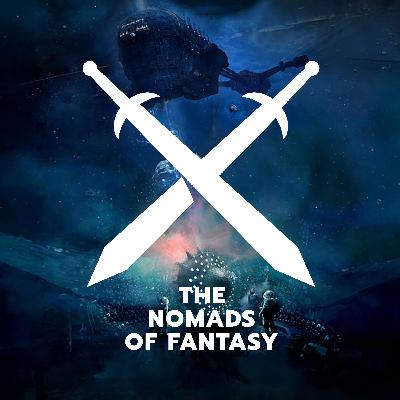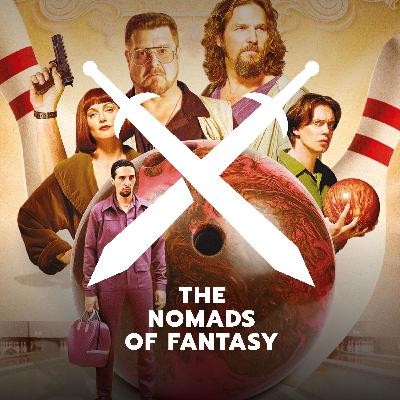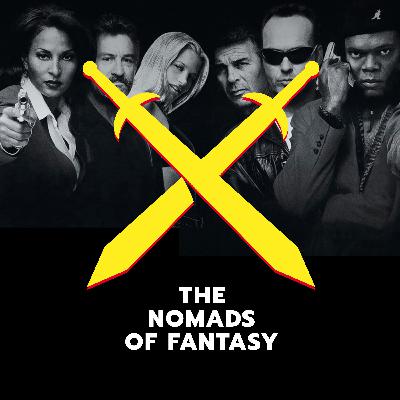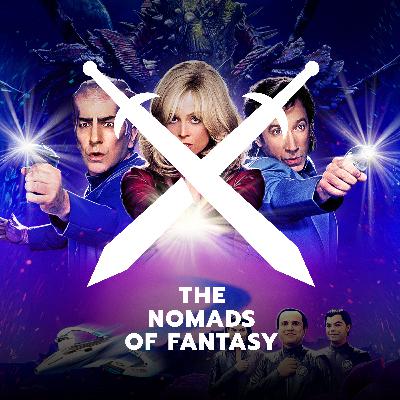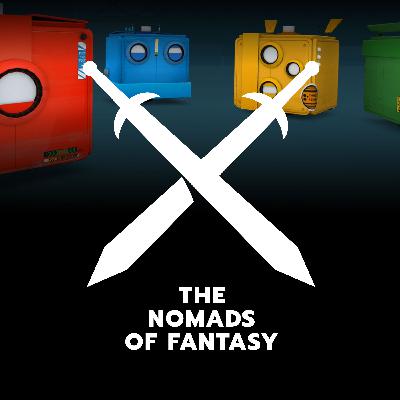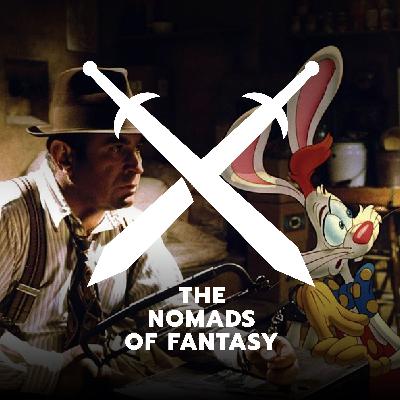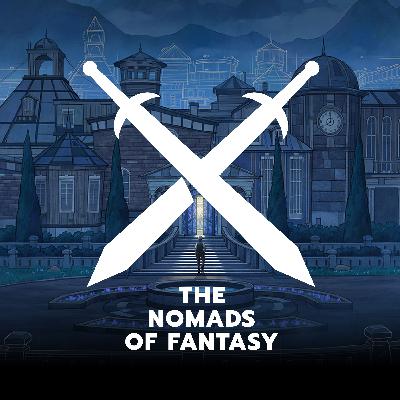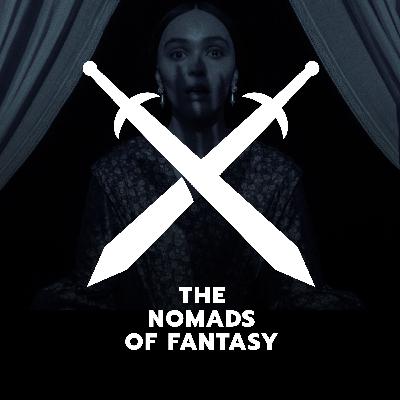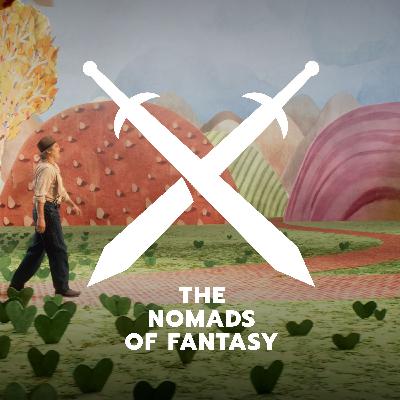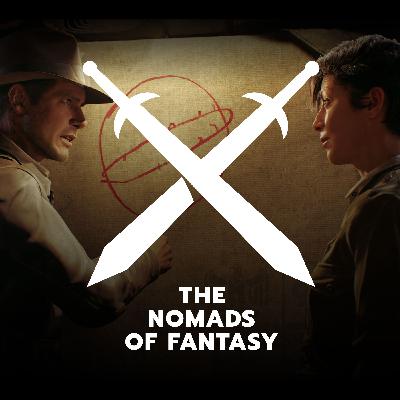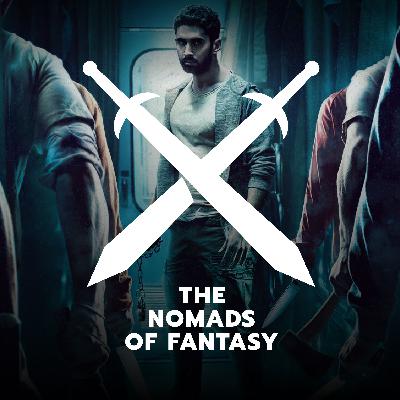
 The Nomads of Fantasy
The Nomads of Fantasy
Author: Brandon Wilson Creative
Subscribed: 14Played: 99Description
This podcast is dedicated to exploring the fictional worlds across movies, TV shows, and video games.
Join Brandon, Eric, and Dave as they explain the stories, characters, performances, and productions in all genres. From sci-fi thrillers to animes to arthouse films to indie video games, we embrace all universes as our home.
Each episode engrosses listeners with sounds and music from the topic and always ends with a clever round of trivia!
We are not fanboys. We will give any fictional creation a chance to be explored. We promise to look for the good even in the bad, because we understand how hard it is to make something, especially at a large scale.
This is why we call ourselves The Nomads of Fantasy. We want to visit the fantastical! We want to see what people are capable of creating! So please, come with us and experience what we experienced.
And with that... safe travels, nomads.


